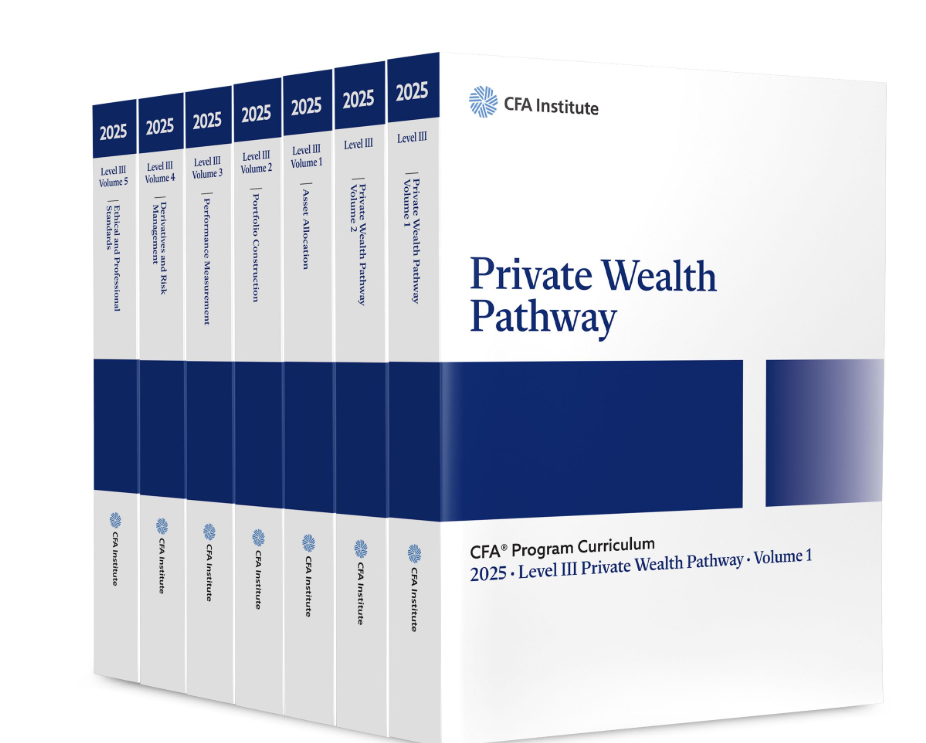
Introduction
You buy gifts for friends, family, and even strangers sometimes—but what about the one person you’ll spend your entire life with? Yep, your future self. Spoiler alert: they’ll thank you big time if you give them financial stability. That’s exactly what a personal wealth program is—a long-term gift that keeps on giving.
What is a personal wealth program?
A wealth program is a structured plan that combines budgeting, saving, investing, and financial education to help you build sustainable wealth over time. Think of it like a GPS for your financial future.
The Idea of “Future You”
Most people live in the now. But the real boss move? Planning for who you want to be 10, 20, or 30 years from now. Your future self will want freedom, security, and options—not stress and regrets.
Understanding Wealth in a Modern Context
More Than Just Money
Wealth isn’t just having a fat bank account. It’s about time freedom, flexibility, and choices. Want to retire early? Travel the world? Send your kids to college debt-free? That’s wealth.
Wealth as Freedom and Choice
Money gives you the freedom to say “no” to things you don’t like and “yes” to what matters. A strong wealth program empowers that freedom.
The Psychology Behind Planning for the Future
Instant Gratification vs Long-Term Reward
It’s tempting to blow cash on things that feel good now. But guess what? Future you is rolling their eyes every time you do. A wealth program helps rewire that behavior for long-term wins.
How Future Planning Builds Discipline
Committing to a wealth plan makes you accountable. It creates structure, builds confidence, and teaches financial self-respect.
What Makes a Wealth Program Different from Traditional Saving?
Wealth Programs vs. Basic Savings Accounts
Savings accounts are safe but slow. Inflation eats up the value over time. Wealth programs, on the other hand, are designed to grow your money strategically.
Investment-Driven Approaches
Most wealth programs include investing—stocks, real estate, mutual funds—to build passive income streams and grow wealth faster.
Financial Education and Mindset Coaching
Knowledge is power. A solid program teaches you how money works, so you’re no longer a slave to it.
Components of an Effective Wealth Program
Budgeting Tools and Strategies
You can’t build wealth if you don’t know where your money’s going. Budgeting apps, spreadsheets, and spending audits are the foundation.
Investment Portfolios and Diversification
Smart investing isn’t gambling. It’s about diversifying your assets and letting them grow over time—slow and steady wins the race.
Passive Income Development
From dividends to rental income, passive income means making money while you sleep. That’s the goal of many wealth strategies.
Risk Management and Insurance
Protect your assets with the right insurance policies. A good wealth program includes advice on how not to lose it all in one unexpected event.
Retirement Planning
The earlier you start planning retirement, the sooner you can actually enjoy it. Wealth programs often include 401(k), IRA, or pension strategies.
The Benefits of Starting Early
Compounding Interest: The 8th Wonder of the World
Start saving and investing in your 20s? You’ll end up with way more than someone who starts in their 40s—even if they put in more money. That’s compound interest working its magic.
Avoiding Financial Stress Later in Life
The #1 cause of stress in retirement is lack of money. A wealth program helps make sure you’re not eating ramen at 65.
Peace of Mind and Confidence
Knowing you’ve got a solid plan? That’s peace of mind no impulse buy can give you.
Real-Life Examples and Testimonials
John, a 32-year-old freelancer, started a wealth program at 25. By 30, he had enough passive income to take a year off to travel. Susan, a teacher, eliminated $50K in debt and built a six-figure retirement portfolio in less than 8 years.
How to Choose the Right Wealth Program
Key Features to Look For
-
Personalized financial planning
-
Investment guidance
-
Regular check-ins and progress tracking
-
Educational resources
-
Strong customer support
Red Flags to Avoid
-
Guaranteed returns (nothing is guaranteed)
-
High fees with vague deliverables
-
Lack of transparency
DIY vs Guided Wealth Programs
The Pros and Cons of Self-Managed Wealth Plans
Pros: Flexibility, control, no extra fees.
Cons: Steep learning curve, time-consuming, risky if uninformed.
When to Work with a Professional
If numbers aren’t your thing or you’re juggling a busy life, guided programs with expert support are worth every penny.
Common Misconceptions About Wealth Programs
“I Need to Be Rich to Start”
Wrong. Most programs are designed for people starting with very little. The key is consistency.
“It’s Too Complicated”
It’s only complicated if you never start. Most programs break it down step by step—even for total beginners.
How a Wealth Program Aligns with Your Life Goals
Wealth isn’t just about retirement. It helps you buy a home, start a business, fund adventures, support causes you love, or create a legacy for your family.
The Emotional Reward of Financial Security
Let’s face it: not stressing over money is one of the best feelings in the world. A wealth program gives you that calm, confident vibe every single day.
Conclusion
Your future self is counting on you. Not just to get by—but to thrive. A wealth program isn’t just a financial tool; it’s a commitment to your best life. So next time you’re thinking about a gift—skip the stuff and invest in your future. You’ll be so glad you did.
FAQs
Can I start a wealth program with little income?
Absolutely! Many programs are designed to grow with you, even if you’re starting small.
How long before I see results?
It depends on your goals and consistency, but many people see noticeable progress within 6–12 months.
What happens if I can’t contribute consistently?
That’s okay. Life happens. The key is to get back on track when you can and stay committed long-term.
Are wealth programs only for retirement?
Not at all. They’re for building wealth at every stage of life—buying a home, starting a business, or creating passive income.
Can I use a wealth program to help pay off debt?
Yes! Most include debt management strategies as a foundational step in wealth building.


